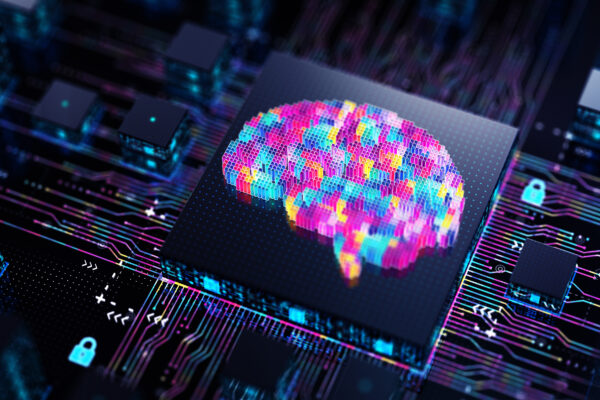Model Context Protocol (MCP) is reshaping the way AI agents interface with data and tools, providing a robust framework for standardization and interoperability. As AI continues to permeate business landscapes, MCP offers particular advantages in creating scalable, efficient AI systems. This blog explores what MCP is, its role in the AI landscape, and focuses on implementing MCP within Databricks.
Understanding Model Context Protocol (MCP)
Model Context Protocol (MCP) is an open-source standard that facilitates the connection of AI agents with various tools, resources, and contextual information. The primary advantage of MCP is its standardization, which enables the reuse of tools across different agents, whether internally developed or third-party solutions. This ability to integrate tools from various sources makes MCP a versatile choice for modern enterprises. To quote their Introduction (and FAQ):
Think of MCP as a universal adapter for AI applications, similar to what USB-C is for physical devices. USB-C acts as a universal adapter to connect devices to various peripherals and accessories. Similarly, MCP provides a standardized way to connect AI applications to different data and tools.
The Importance of MCP in AI
In the current AI ecosystem, there is often a challenge in ensuring models remain consistent, interoperable, and integrated. MCP addresses these challenges by establishing a framework that enhances the lifecycle of models. For solution architects, this means deploying AI solutions that are adaptable and sustainable in the long term.MCP’s role in AI includes:
- Standardization: Allows the creation and reuse of tools across different AI agents.
- Interoperability: Facilitates seamless integration across different components of an AI ecosystem.
- Adaptability: Enables AI models to easily adjust to changing business requirements and data patterns.
MCP Design Principles
There are several core design principles that inform the MCP architecture and implementation.
- Servers should be extremely easy to build
- Servers should be highly composable
- Servers should not be able to read the whole conversation, nor “see into” other servers
- Features can be added to servers and clients progressively
MCP Implementation In Databricks
Databricks provides significant support for MCP, making it a powerful platform for architects looking to implement these protocols. Below are strategies for utilizing MCP in Databricks:
- Managed MCP Servers: Databricks offers managed MCP servers that connect AI agents to enterprise data, maintaining security through enforced Unity Catalog permissions. This does not only simplify the connection process but also ensures that data privacy and governance requirements are consistently met.Managed MCP servers in Databricks come in several types:
- Vector Search: Enables AI agents to query Databricks Vector Search indexes.
- Unity Catalog Functions: Allows running of functions within a specified schema.
- Genie Space: Facilitates insights gathering from structured data.
- Custom MCP Servers: Besides leveraging managed servers, you can host your own MCP server as a Databricks app, which is particularly useful if existing MCP servers exist within your organization. Hosting involves setting up an HTTP-compatible transport server and configuring the app within Databricks using Python and Bash scripts.
- Building and Deploying MCP Agents: Developing agents within Databricks involves using standard SDKs and Python libraries such as
databricks-mcp, which simplify authentication and connection to MCP servers. A typical implementation involves setting up authentication, installing necessary dependencies, and writing custom agent code to connect and interact with MCP servers securely.Here’s a sample workflow for building an agent:- Authentication with OAuth: Establish a secure connection to your Databricks workspace.
- Use Databricks SDKs: To implement MCP servers and engage with data using tools like Unity Catalog.
Deployment of these agents involves ensuring all necessary resources, such as Unity Catalog functions and Vector Search indexes, are specified for optimal performance.
Databricks’ pricing for managed MCP servers hinges on the type of computations—Unity Catalog functions and Genie use serverless SQL compute pricing, while custom servers follow Databricks Apps pricing.
Conclusion
The Model Context Protocol (MCP) is a transformative approach within the AI industry, promising improved standardization and interoperability for complex AI systems. Implementing MCP on Databricks offers a comprehensive pathway to deploy and manage AI agents efficiently and securely. By utilizing both managed and custom MCP servers, alongside robust capabilities of Databricks, companies can realize their AI ambitions with greater ease and security, ensuring their models are both effective today and prepared for future technological strides.
Perficient is a Databricks Elite Partner. Contact us to learn more about how to empower your teams with the right tools, processes, and training to unlock your data’s full potential across your enterprise.
